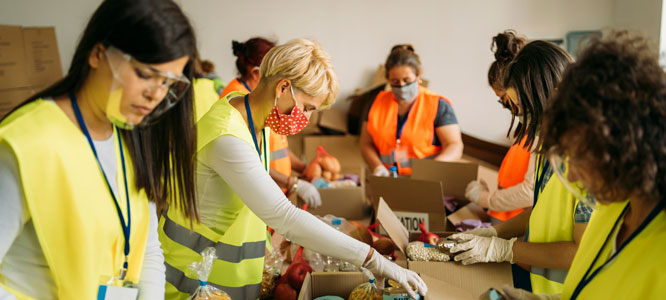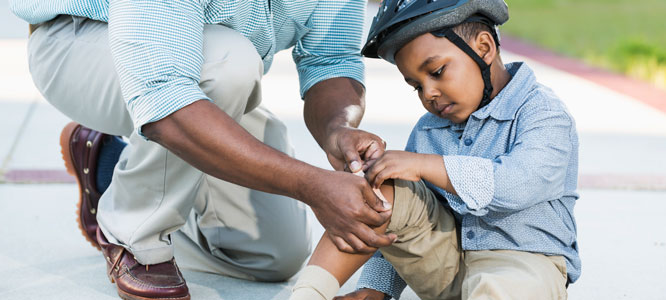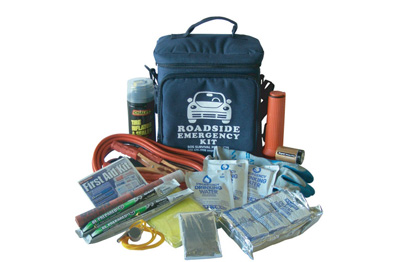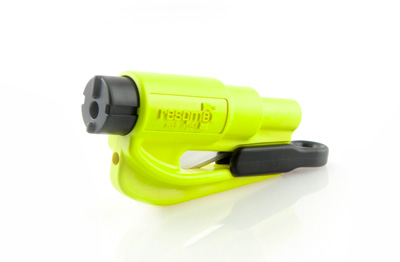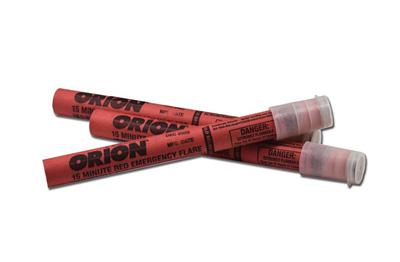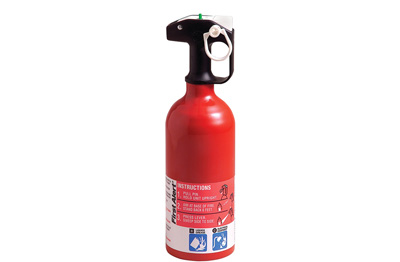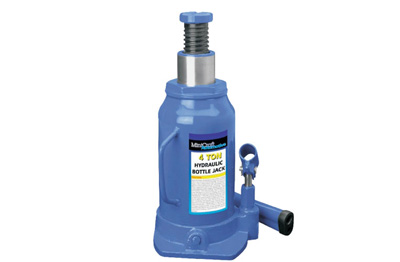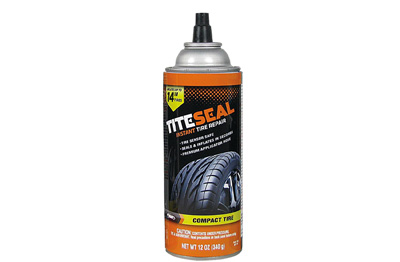
Road Trip Tips, Advice & Safety ChecklistTuesday, February 16, 2021 Hitting the open road is as exciting as it gets, but the thought of venturing through countless miles of unknown terrain in a less-than-perfect vehicle can be more than a little intimidating. If you want to enjoy the ride without obsessing over every silly little thing that can go wrong, you need to heed one important word: preparedness. Before you fire up that car or RV, here are some essential road trip safety tips. Stock UpDo you have a road trip checklist? If not, you should. We won’t dive into everything you need, but here are just a few essentials that will ensure a safer trip:
Depending on where you’re traveling to, you might also need other incidentals like high-grade sleeping bags, mosquito nets and bear spray. Make sure to research all the routes you’ll be traveling along and then pack accordingly. Prepare for a Tire Blowout
The dreaded tire blowout is one of the most common road-trip hazards. If it happens to you, slowly coast to a safe location and stop the car. Don’t brake or swerve abruptly. With the car stopped, turn on your hazard lights and activate the emergency brake. Then exit the vehicle, apply wheel wedges to your wheels (to further prevent rolling) and remove any hubcaps. If you don’t have wheel wedges, large stones should do the trick.
Keep Your Cool in a DisasterWhen you’re driving through different climates, elevations and road conditions, you have to be prepared for the types of emergencies that might not be common back home. Here are a few protocols to keep in mind when you encounter some of the more common hazards: Flooding – Turn on your headlights at the first sign of heavy rain, and leave extra room between your car and the car in front of you. If you receive a flood warning, try to move to higher ground. If flash flooding begins, slowly pull over to a safe spot on the side of the road and stop the car. Do not under any circumstances attempt to drive through water. Wait for the flood to subside or help to arrive. Tornadoes – If you can see the tornado and it’s far off in the distance, get out of its path by driving away from it at a right angle. Then seek shelter in a nearby sturdy building until it passes. If you’re already caught up in the wind in debris, stop the car, put on your seatbelt, and place your head down low, beneath the height of the window. If possible, cover your head with a blanket or jacket. Make sure your other occupants do the same. Wait for the tornado to pass. Sandstorms – If you’re driving through the Southwest, you may encounter a sandstorm or dust storm. If this happens, first pull off the road completely, then stop by putting your car into “Park”. Never stop in a roadway. To avoid other motorists from mistakenly using your vehicle’s lights to try and drive through the storm, turn off your lights and keep your foot off the brake. Stay buckled. Know Your Rest StopsRest stops are essential for road-trippers. You can easily search maps and online databases to find a list of rest stops along your route, but finding safe rest stops is a bit trickier. After all, you don’t want to bring your family to a seedy location for R&R. With that in mind, look for rest stops that are well-lit and well-populated. When doing your online research, make a list of rest stops that have onsite security. Finally, don’t spend the night. A rest stop is a great place to recharge your batteries, but a prolonged deep sleep leaves you more vulnerable. Be Proactive About Your Safety on the Road
It’s important to ensure that your vehicle is in excellent condition before you hit the road. Get the oil changed, make sure you’re up to date on the servicing, and replace any hoses that are leaking or corroding.
To prevent overheating, make sure that your engine has the recommended amount of coolant and avoid running your air conditioner while ascending steep grades. If your car does overheat, pull over and stop. Open the hood and let the engine cool off naturally. Refill the radiator with water as a last resort to help you get to a location where your car can be properly serviced.
|


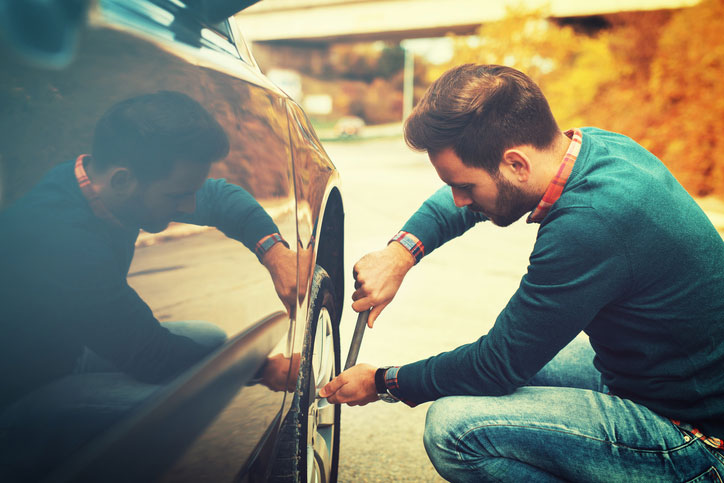 Loosen—but do not remove—your lug nuts, and then use your jack to raise the vehicle. The jack should be situated alongside the flat tire just beneath the vehicle frame. You want to raise the vehicle about six inches. Unscrew the lug nuts and then slowly remove the flat tire and replace it with your spare or extra tire. You’ll want to ensure that your spare is firmly mounted to the lug bolts.
With the new tire in position, place the lug nuts back in their original position and tighten them by hand. Then lower the vehicle and finish tightening them with your lug wrench. At this point, the wheel should be touching the ground but still be elevated enough so that the vehicle’s weight is somewhat off the tire. With the nuts tight, finish lowering the vehicle and remove the jack. Replace the hubcaps, check the tire pressure, and continue on your journey. If you’re using a spare tire, head immediately to the nearest tire replacement center.
Loosen—but do not remove—your lug nuts, and then use your jack to raise the vehicle. The jack should be situated alongside the flat tire just beneath the vehicle frame. You want to raise the vehicle about six inches. Unscrew the lug nuts and then slowly remove the flat tire and replace it with your spare or extra tire. You’ll want to ensure that your spare is firmly mounted to the lug bolts.
With the new tire in position, place the lug nuts back in their original position and tighten them by hand. Then lower the vehicle and finish tightening them with your lug wrench. At this point, the wheel should be touching the ground but still be elevated enough so that the vehicle’s weight is somewhat off the tire. With the nuts tight, finish lowering the vehicle and remove the jack. Replace the hubcaps, check the tire pressure, and continue on your journey. If you’re using a spare tire, head immediately to the nearest tire replacement center.
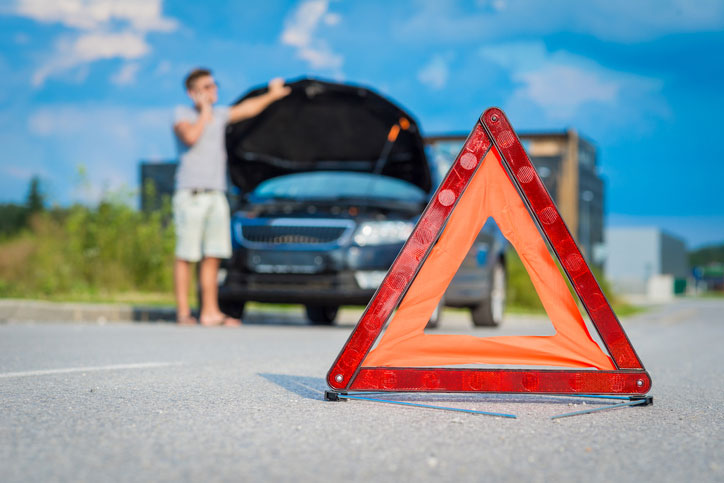 If you run into any sort of emergency, pull over to the side of the road and turn off your vehicle. Turn on the hazard lights and
If you run into any sort of emergency, pull over to the side of the road and turn off your vehicle. Turn on the hazard lights and 